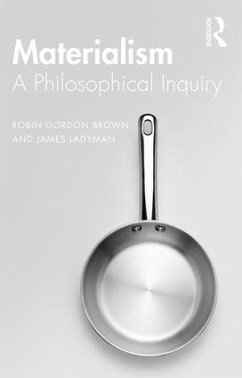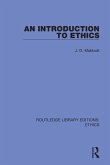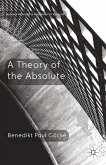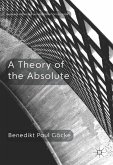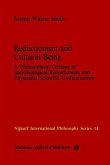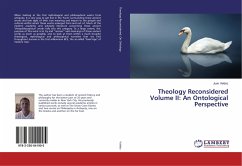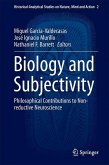The doctrine of materialism is one of the most controversial in the history of ideas. For much of its history it has been aligned with toleration and enlightened thinking, but it has also aroused strong, often violent, passions amongst both its opponents and proponents. This book explores the development of materialism in an engaging and thought-provoking way and defends the form it takes in the twenty-first century.
Opening with an account of the ideas of some of the most important thinkers in the materialist tradition, including Epicurus, Lucretius, Hobbes, Hume, Darwin and Marx, the authors discuss materialism's origins, as an early form of naturalistic explanation and as an intellectual outlook about life and the world in general. They explain how materialism's beginnings as an imaginative vision of the true nature of things faced a major challenge from the physics it did so much to facilitate, which now portrays the microscopic world in a way incompatible with traditional materialism. Brown and Ladyman explain how out of this challenge materialism developed into the new doctrine of physicalism.
Drawing on a wide range of colourful examples, the authors argue that although materialism does not have all the answers, its humanism and commitment to naturalistic explanation and the scientific method is our best philosophical hope in the ideological maelstrom of the modern world.
Opening with an account of the ideas of some of the most important thinkers in the materialist tradition, including Epicurus, Lucretius, Hobbes, Hume, Darwin and Marx, the authors discuss materialism's origins, as an early form of naturalistic explanation and as an intellectual outlook about life and the world in general. They explain how materialism's beginnings as an imaginative vision of the true nature of things faced a major challenge from the physics it did so much to facilitate, which now portrays the microscopic world in a way incompatible with traditional materialism. Brown and Ladyman explain how out of this challenge materialism developed into the new doctrine of physicalism.
Drawing on a wide range of colourful examples, the authors argue that although materialism does not have all the answers, its humanism and commitment to naturalistic explanation and the scientific method is our best philosophical hope in the ideological maelstrom of the modern world.
"Highly recommended for those interested in materialism as a perennial current in the history of philosophy and for those wondering how contemporary physicalism and naturalism connect with older materialist philosophies and politics." - William Lewis, Skidmore College, USA
"Brown and Ladyman offer a clear exposition of philosophical materialism much needed in these muddle-headed times. Particularly refreshing is their stress on the essential incompleteness of the explanations it provides, which distinguish it as a scientific world-view from its more strictly 'philosophical' rivals." - Thomas Uebel, University of Manchester, UK
"Brown and Ladyman offer a clear exposition of philosophical materialism much needed in these muddle-headed times. Particularly refreshing is their stress on the essential incompleteness of the explanations it provides, which distinguish it as a scientific world-view from its more strictly 'philosophical' rivals." - Thomas Uebel, University of Manchester, UK
"Highly recommended for those interested in materialism as a perennial current in the history of philosophy and for those wondering how contemporary physicalism and naturalism connect with older materialist philosophies and politics." - William Lewis, Skidmore College, USA
"Brown and Ladyman offer a clear exposition of philosophical materialism much needed in these muddle-headed times. Particularly refreshing is their stress on the essential incompleteness of the explanations it provides, which distinguish it as a scientific world-view from its more strictly 'philosophical' rivals." - Thomas Uebel, University of Manchester, UK
"Brown and Ladyman offer a clear exposition of philosophical materialism much needed in these muddle-headed times. Particularly refreshing is their stress on the essential incompleteness of the explanations it provides, which distinguish it as a scientific world-view from its more strictly 'philosophical' rivals." - Thomas Uebel, University of Manchester, UK

